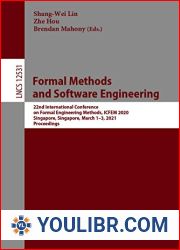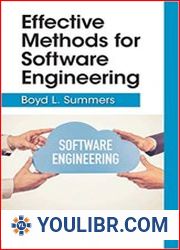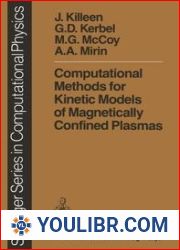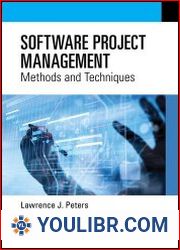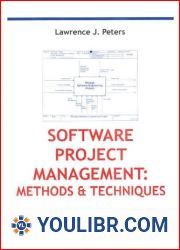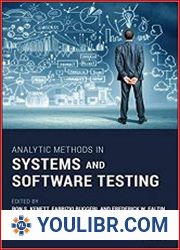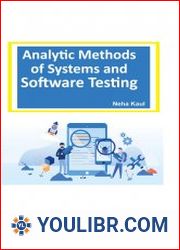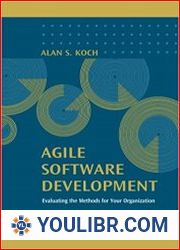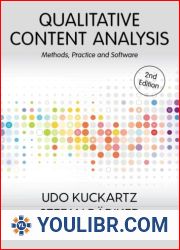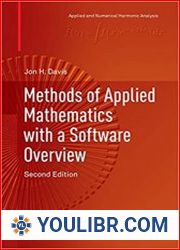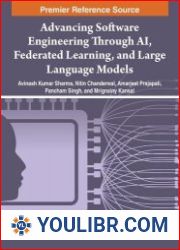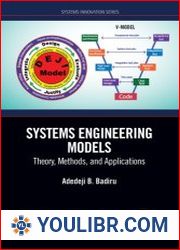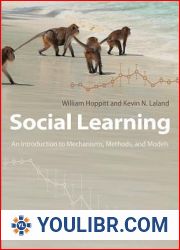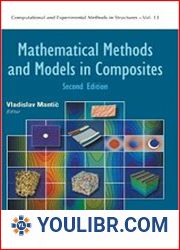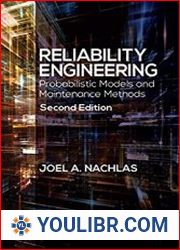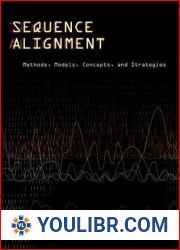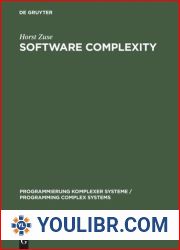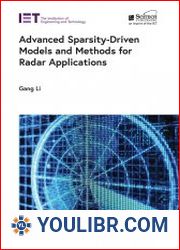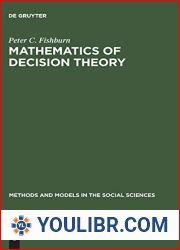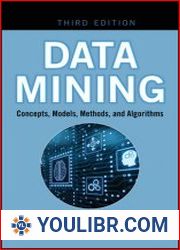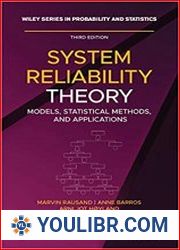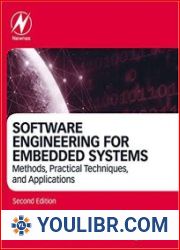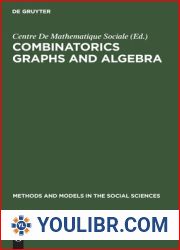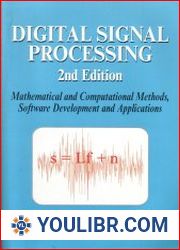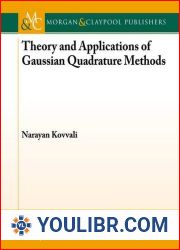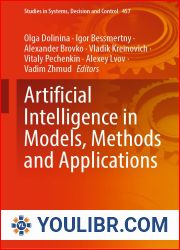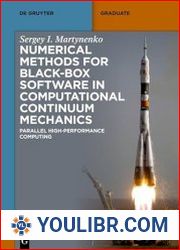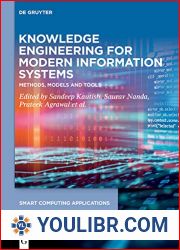
BOOKS - Software Reuse: Methods, Models, Costs, Second Edition

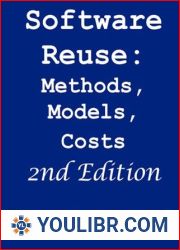
US $7.62

177815

177815
Software Reuse: Methods, Models, Costs, Second Edition
Author: Ronald J. Leach
Year: January 1, 1997
Format: PDF
File size: PDF 2.5 MB
Language: English
Year: January 1, 1997
Format: PDF
File size: PDF 2.5 MB
Language: English
This book is an updated edition of the previous McGraw-Hill edition, which was an essential guide to successful reuse across the entire software life cycle. It explains in depth the fundamentals, economics, and metrics of software reuse. The bottom line is good news for designers of complex systems: Systematic software reuse can succeed, even if the underlying technology is changing rapidly.Software reuse has been called the central technical concept of object-oriented design. This book covers reuse in object-oriented systems, but goes far beyond in its coverage of complex systems - the type that may evolve into "systems of systems."Important new material has been added to this edition on the changed state-of-the-art and state-of-the-practice of software reuse, on product-line architectures, on the economics of reuse, on the maintenance of COTS-based systems. A case study using DoDAF (The Department of Defense Architectural Framework) in system design has been included to show some new thinking about reuse and some attributes of large-scale components of very large systems.After an introduction to basics, the book shows you how to:1. Access reuse and disadvantages for your systems.2.Understand use domain analysis.3.Estimate total costs, including maintenance, using life-cycle-based models.4.Organize and manage reuse libraries.5.Certify software components that have been created at any phase of the software life cycle your organization uses.6.Implement systematic reuse using COTS (commercial, off-the-shelf) components and other existing software.The book includes several models and reengineering checklists, as well as important case studies. These models and checklists help anyone faced with the problem of whether to build, buy, reuse, or reengineer any software component, system, or subsystem of reasonable complexity. Such components, subsystems, and systems often fit into the new paradigms of service-oriented architectures (SOA) and software-as-a-service (SaAS).Software Reuse: Methods, Models, Costs emphasizes the cost efficient development of high-quality software systems in changing technology environments. Our primary example of domain analysis, which is the analysis of software into potentially reusable artifacts, often at a higher level than simply source code modules, is the assessment of possibilities for reuse in the Linux kernel.There are eight chapters in Software Reuse: Methods, Models, Costs: What is Software Reuse?, Techniques (which included domain analysis), Reuse Libraries, Certification of Reusable Software Components, The Economics of Software Reuse, Reengineering, Case Studies, and Tools For Software Reuse.









